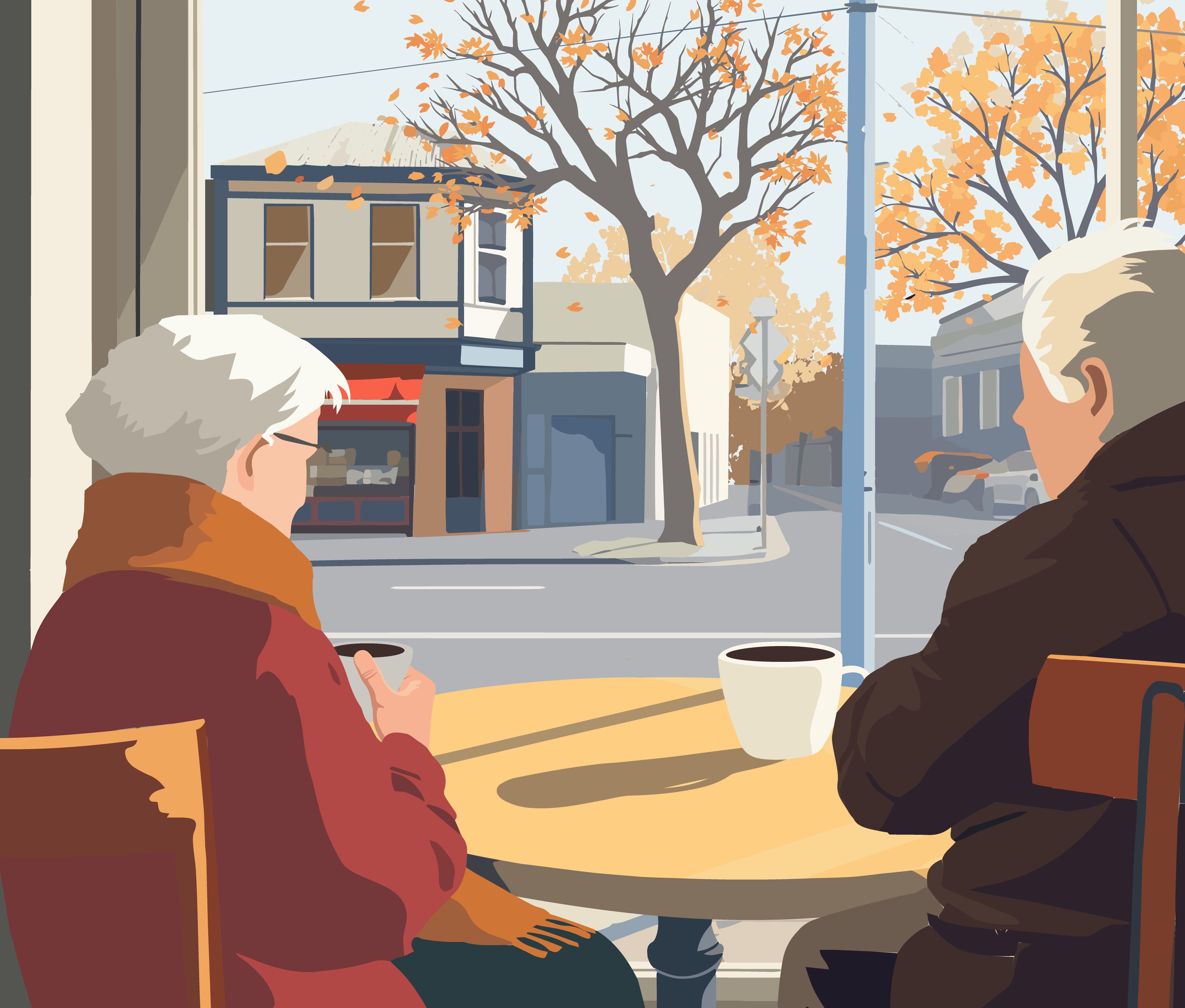As we get older, some of us will experience depression or anxiety. These feelings can be a natural response to some of the things we face as we age, including physical health problems, grief and loss, losing independence and going through big life changes. Depression and anxiety can look different in older people, so it’s important to understand the signs and symptoms. Older people are less likely to ask for help, but support is available and there are many things you can do to feel better.
“I look after my mental health by keeping my mind, body and spirit in sync. I do breathing exercises to regulate my heartbeat, clear my mind. I think about the closeness I have with my family, I know my wellbeing supports my mokopuna. I remember I have a safe haven where I can go: my home. That keeps me well, keeps me grounded.” – Kaumatua Witi Ashby



